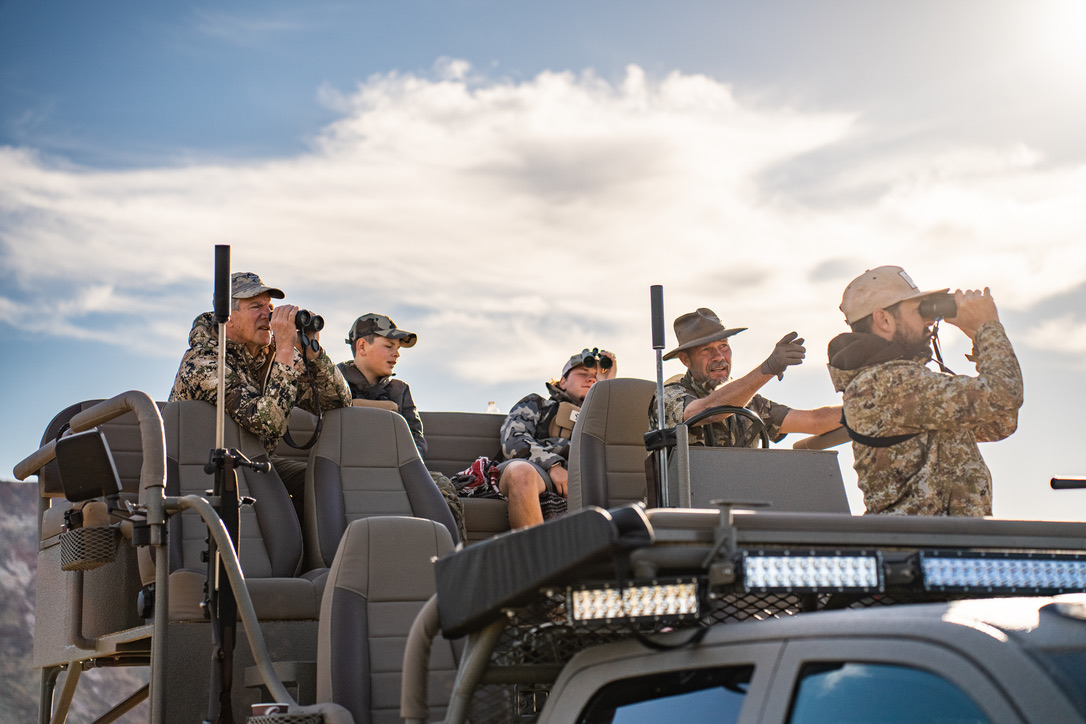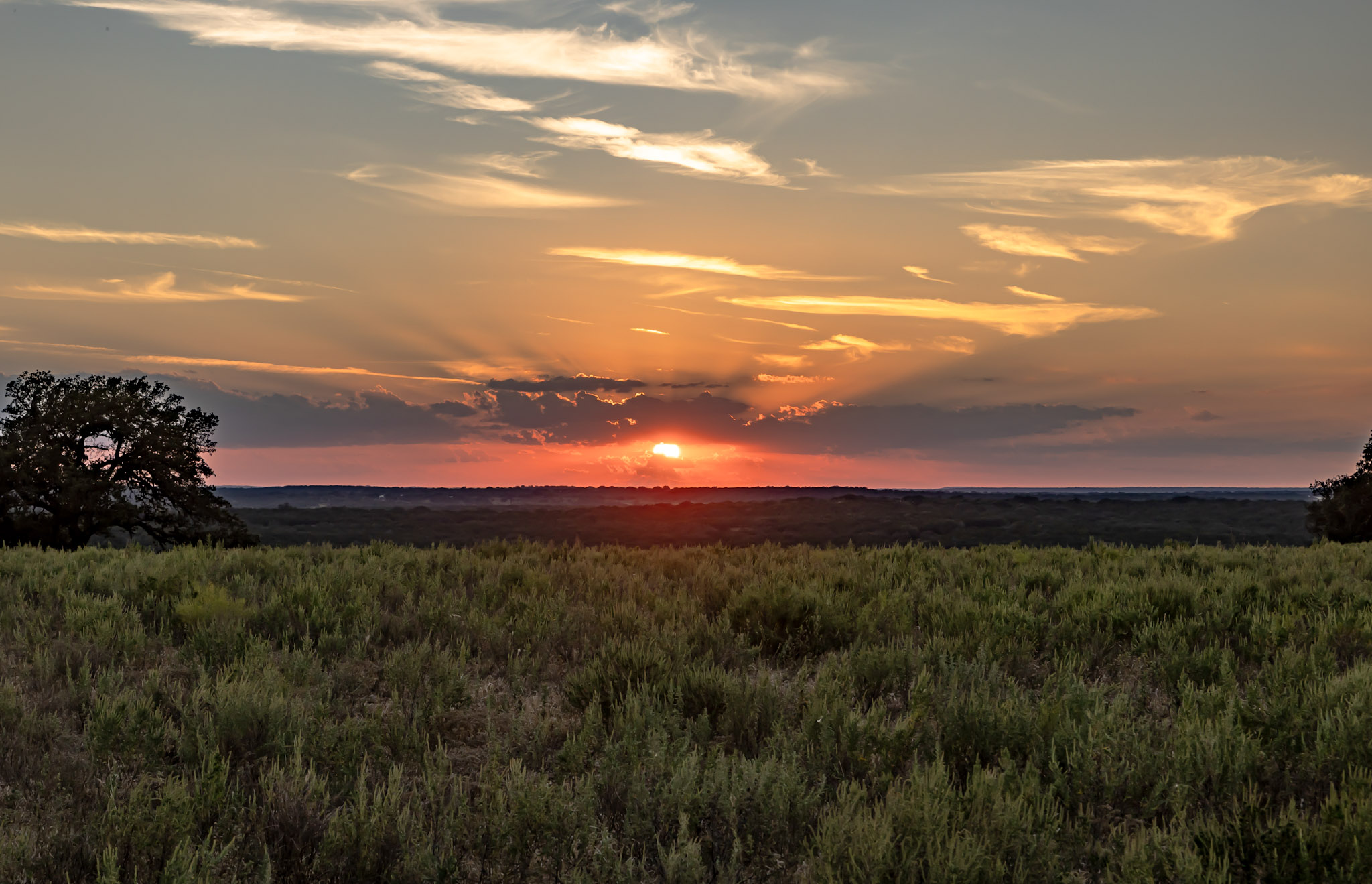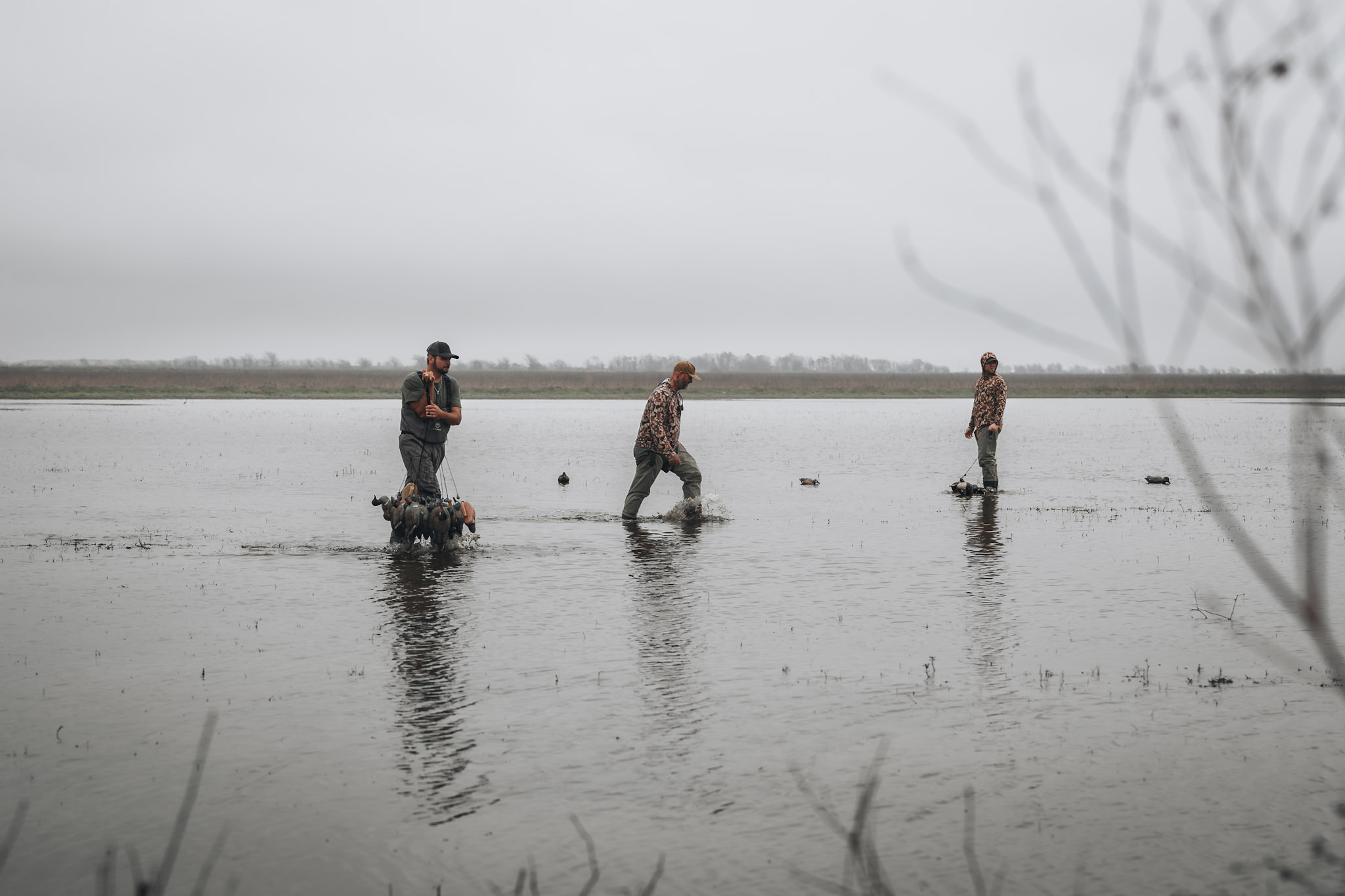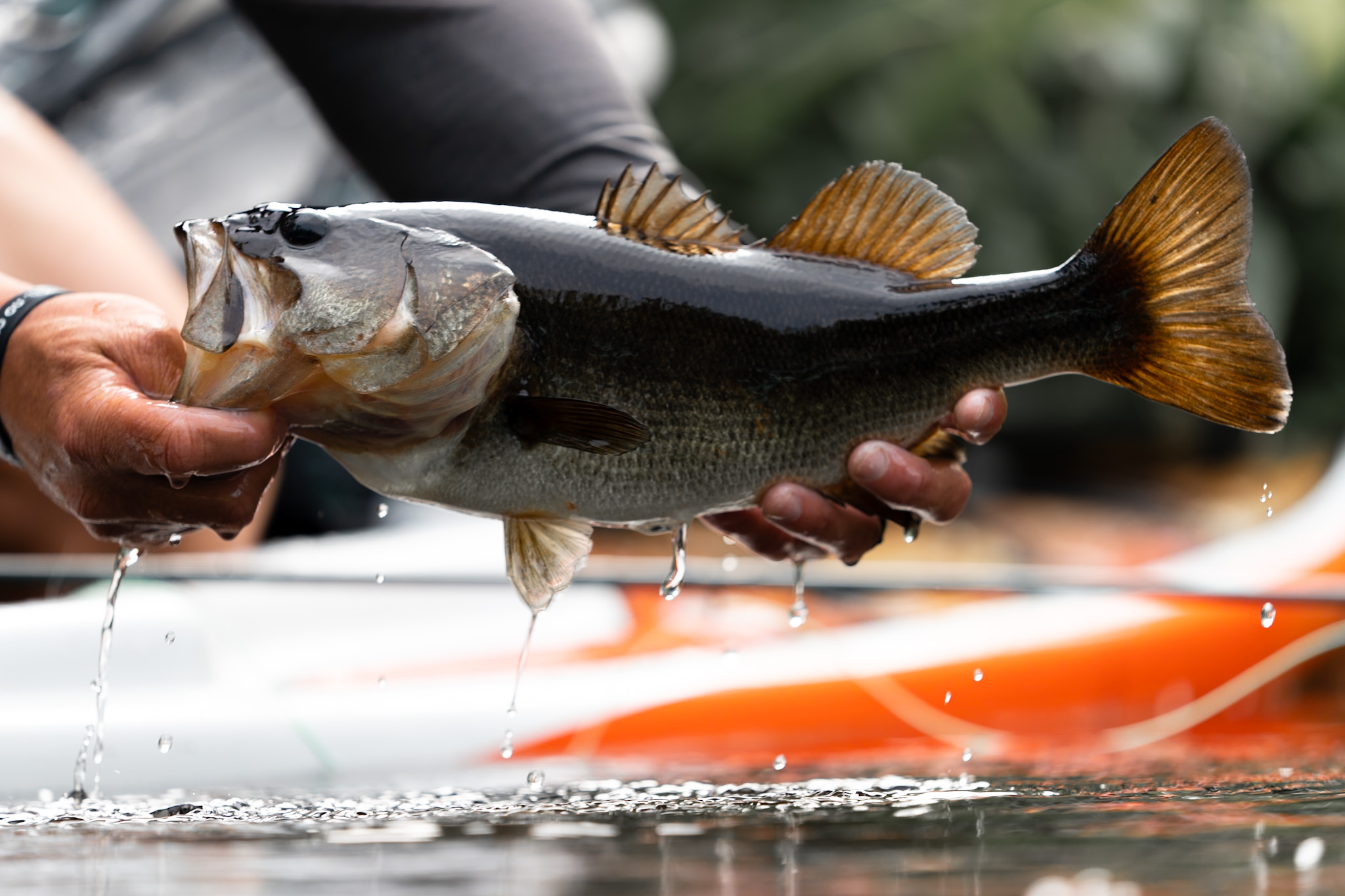
The Ethics of Hunting: How Responsible Hunters Support Conservation Efforts
Hunting is often misunderstood, with misconceptions surrounding its role in wildlife management and conservation. However, when done responsibly and ethically, hunting can have a positive impact on wildlife populations, habitat preservation, and local ecosystems. This guide will clarify the ethical principles of hunting and explain how hunters contribute to conservation efforts.
1. Understanding Ethical Hunting Practices
Ethical hunters follow a code of conduct that emphasizes respect for wildlife, the environment, and fellow hunters. These practices not only ensure a fair and humane hunt but also contribute to the sustainability of wildlife populations.
- Fair Chase: Ethical hunters follow the principle of fair chase, which means giving the animal a fair chance to evade the hunter. This avoids unethical practices such as hunting from a vehicle or using technology to track animals unfairly.
- Proper Shot Placement: Ensuring a clean, humane kill is a core responsibility of ethical hunters. Hunters should always aim for a vital area to ensure the animal’s swift and painless death.
- Respect for All Species: Responsible hunters focus on target species while respecting all wildlife. They avoid hunting protected species and practice sustainable harvesting to maintain a balanced ecosystem.
2. How Hunting Supports Wildlife Conservation
Contrary to the belief that hunting harms wildlife populations, responsible hunting is often a key driver of conservation efforts. The revenue generated from hunting licenses, fees, and donations directly supports wildlife management and habitat preservation.
- Funding for Conservation Programs: In many regions, hunting license fees, tag purchases, and excise taxes on hunting equipment fund wildlife conservation initiatives. These funds are used to protect habitats, restore endangered species, and promote biodiversity.
- Wildlife Population Control: Hunting plays a role in controlling overpopulated species, which can cause damage to ecosystems. For example, overpopulation of white-tailed deer can lead to overgrazing, negatively impacting vegetation and other wildlife. Controlled hunting helps maintain a healthy balance between species.
- Preventing Habitat Degradation: Without responsible hunting practices, certain species can become overabundant, leading to habitat degradation and the decline of plant life and other animals. Ethical hunters help prevent this by adhering to hunting quotas and contributing to habitat conservation efforts.
3. Conservation Through Hunting Organizations
Many hunting organizations and conservation groups advocate for responsible hunting and work to protect wildlife and their habitats. These organizations have been instrumental in shaping hunting laws and promoting ethical practices.
- The North American Model of Wildlife Conservation: This system is based on the principle that wildlife is a public resource managed by governments, and hunting is regulated to benefit both the animals and the environment. Through this model, hunters are active participants in wildlife management and conservation efforts.
- Partnering with Nonprofits: Many hunters contribute to conservation causes through nonprofit organizations such as Ducks Unlimited, the National Wild Turkey Federation, and the Rocky Mountain Elk Foundation. These groups use hunting-related funds to restore habitats, increase species populations, and promote sustainable hunting practices.
- Research and Monitoring: Conservation organizations and hunters collaborate on research to monitor wildlife populations, track the health of species, and implement effective management strategies. This data-driven approach ensures the continued success of conservation efforts.

4. Hunting and Habitat Restoration
Habitat loss is one of the most significant threats to wildlife, but responsible hunters can make a meaningful impact by supporting habitat restoration efforts.
- Protecting Ecosystems: Many hunting organizations are dedicated to restoring wetlands, forests, and grasslands, which are crucial for maintaining healthy wildlife populations. Hunters contribute to these efforts by funding restoration projects and actively participating in habitat improvement initiatives.
- Invasive Species Control: Invasive species can threaten native wildlife by outcompeting them for resources. Responsible hunters play a role in controlling invasive species populations, which helps protect the habitats of native species.
- Preserving Biodiversity: Hunters help protect biodiversity by ensuring that both common and endangered species are managed sustainably. This includes working with wildlife agencies to monitor species health and maintain a diverse ecosystem.
5. Addressing Misconceptions About Hunting
One of the biggest challenges facing ethical hunters is addressing the misconceptions surrounding their sport. Many people believe hunting only leads to animal death and cruelty, but responsible hunters argue that hunting can actually promote healthier ecosystems and protect wildlife in the long run.
- Not All Hunting Is the Same: While poaching and illegal hunting are harmful, regulated hunting that adheres to ethical guidelines contributes positively to conservation efforts. Ethical hunters work within the laws and strive to minimize harm to animals and the environment.
- Hunters as Conservation Stewards: Hunters are often some of the most vocal advocates for wildlife and land conservation. Many hunters dedicate their time, money, and resources to ensuring that future generations can enjoy the outdoors and healthy wildlife populations.
- Sustainable Practices Lead to Long-Term Gains: Responsible hunting isn’t about killing for sport—it’s about ensuring wildlife populations remain healthy and balanced over time. By adhering to sustainable practices, hunters help maintain natural ecosystems and contribute to long-term conservation goals.
6. The Role of Ethical Hunting in the Future of Conservation
As the world faces environmental challenges such as habitat destruction and climate change, the role of ethical hunters in conservation efforts will become even more critical. By continuing to support wildlife management programs and habitat restoration, hunters can contribute to the survival of species and the health of ecosystems for generations to come.
- Advocacy and Education: Hunters can take an active role in educating the public about the benefits of responsible hunting and the importance of conservation. By advocating for sustainable practices and supporting wildlife-friendly policies, hunters can help ensure that hunting remains a vital tool for conservation.
- Collaborative Efforts: The future of wildlife conservation depends on the collective efforts of hunters, conservationists, wildlife agencies, and local communities. Together, they can create sustainable solutions that balance the needs of people and wildlife.

Conclusion
Ethical hunting is not only about the pursuit of wildlife—it’s about actively participating in conservation efforts to ensure the health and sustainability of ecosystems for future generations. Responsible hunters are key players in the management of wildlife populations, habitat preservation, and the funding of conservation initiatives. By following ethical hunting practices and supporting wildlife-friendly policies, hunters can continue to play a crucial role in conservation, ensuring that both wildlife and ecosystems thrive for years to come.
BirdDog provides hunters with the opportunity to book guided trips with responsible outfitters who understand the importance of ethical hunting and conservation. Ready to plan your next adventure while supporting conservation efforts? Explore our network of vetted outfitters and start your responsible hunting journey today.
Read More...

For generations, hunters have played a critical role in protecting wildlife habitat, supporting healthy animal populations, and funding conservation efforts across the country. Hunting is not just a tradition or outdoor recreation — it is deeply tied to land stewardship and the long-term health of our natural resources.

Late winter is one of the most important times of the year for wildlife habitat management in Texas. As hunting seasons wrap up and the landscape begins transitioning toward spring growth, smart habitat work now can dramatically improve forage, cover, and wildlife health for the entire year — setting your ranch or property up for long-term success.

Winter pond management is one of the most overlooked — and most important — parts of maintaining a healthy bass fishery in Texas. While many landowners assume their pond “takes care of itself” once the weather cools down, the truth is that winter is when your pond sets the foundation for spring growth, forage success, and bass health.



